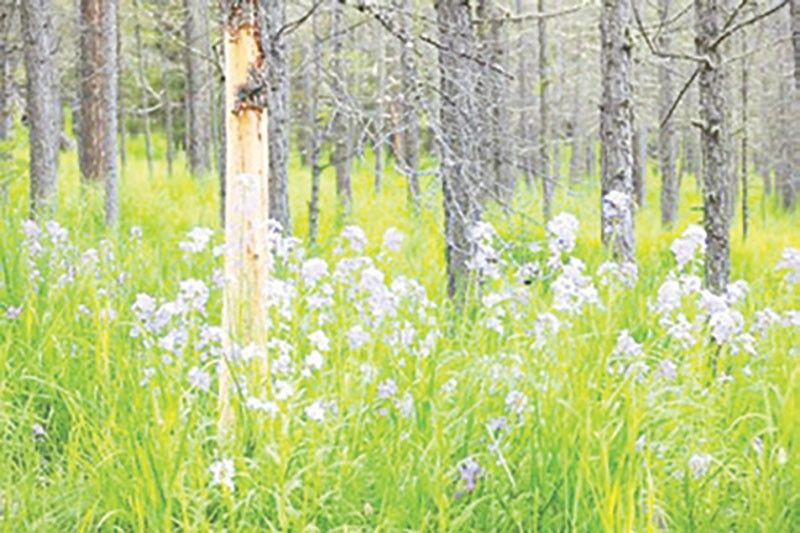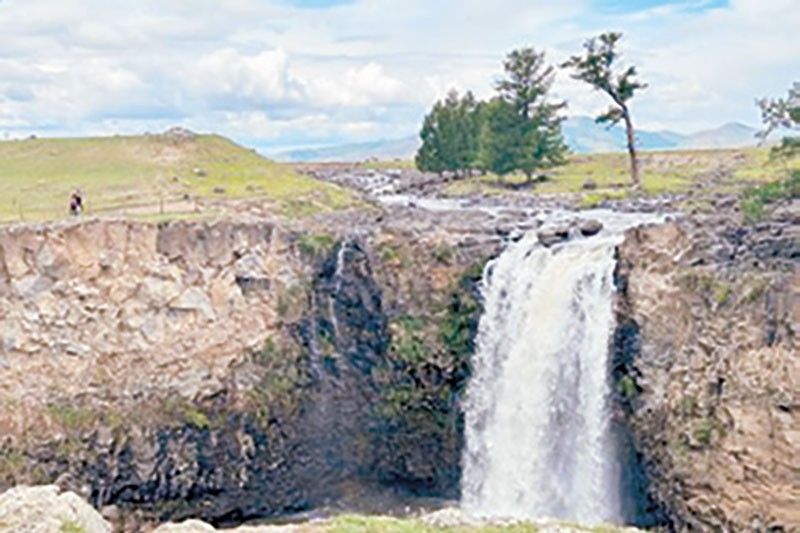
Dr. Benjamin Campomanes, president of St. Luke’s Global Center Foundation, and his wife Mae, who is a pulmonologist, decided to travel to the center of Mongolia away from its capital Ulaanbaatar to experience life with the nomads.
My son Vernon and his wife Happee tried visiting Mongolia, too, over 12 years ago and he intentionally picked being there in the dead of winter, which is 30 degrees centigrade below zero or lower. In fact, it could go as low as 40 to 50 degrees below zero! Of course, they were young and could handle the freezing cold, but Benjo and his wife Mae chose the nice, sunny weather. Yet, in spite of it being summer, the temperature could vary between zero to 22 degrees centigrade in June.
The Campomaneses were given a “ger” (a tent-like dwelling of their own) with a makeshift stove where you can add firewood to keep the ger warm in the night when the temperature drops to zero or below. However, they would have to get out of their sleeping bags to add firewood when the old ones burnt out in one to two hours. But after doing this three to four times a night, it started getting tiring, so the Campomanes doctors chose rather to sleep through the cold, zipped up in their sleeping bags, rather than get up every hour or so to replenish the firewood!
The morning routine is to herd the animals — in this case, yaks — separate the mothers from their calves and milk them. The milk collected from each mother will reach about two pails per day. The milk is then served to us for breakfast.
Despite traveling to the heartland of Mongolia in what appears to be no man’s land, with neighbors kilometers away, where there is no electricity, faucet, running water, or any kind of plumbing and sanitation was extremely basic, it seems the Campomaneses absolutely enjoyed this experience.
Of course, there was no way anyone there could take a shower, so “punas, punas” na lang. Luckily, they brought along large hospital wipes that were used for patients instead of a bath! The water from the well, streams or rivers were “brrr!” The nomads would wash their hair only twice a month and bathe only once a month at most. However, there was a small outhouse with a deep hole in the ground to serve as everyone’s toilet. It reminds me of using an outhouse myself in Algonquin Park north of Toronto where you could only travel with canoes as no cars were allowed near the vicinity. There wasn’t a single soul there that day and we were fortunate not to run into a big, black, burly bear!

Mongolia is a beautiful country with diverse landscapes, from sand dunes to endless grassy steppes, clear mountain streams, and picturesque forests. The Mongolians are a remarkable, hardy people surviving the difficulties of nomadic lives
Dr. Campomanes told us the nomads move their homes at least three times a year. They are truly tent dwellers with no permanent home address.
Fortunately, the couple were invited to eat with them.
The meals consisted mainly of meat, mutton, goat and beef, together with rice, potatoes, carrots and cabbage simply seasoned with salt and pepper. They basically ate with their hands, like Filipinos in the provinces. You were given a knife to slice a piece of meat from the lamb rib and return it to the communal plate.
Milk products were always on the table from yak, cow or horse. The milk could be made into cream yogurt, raw cheese or even alcohol! The default milk tea with salt was served like water! Benjo didn’t like it, but Mae did.

Since my son doesn’t drive, I remember him telling me that they hired a driver to take them out beyond Ulaanbaatar. But as it was snowing, even the trails were covered, and the Mongolian driver got lost! Their gas gauge had stopped working so they couldn’t tell if they were running out of gas! If they stayed in the car to sleep with their windows closed to keep out the cold, they would still freeze to death because the car would become their freezer! Fortunately, they saw a ger and were invited into its warmth, where the dwellers were cooking some kind of meat over a fire. Much to their relief, the Mongolian family kindly invited them to join in the feast.
I was having pizza with a friend at her home in Punta Fuego when I received Vernon’s call from the outskirts of Mongolia letting me know that they were lost! The only reason he could call me was because Gerry Ablaza, then the head of Globe Telecom, loaned him a satellite phone! Prayers, prayers, answered prayers!
Nonetheless, for those of you who are adventurous, Mongolia sounds like the perfect place.


Be the first to comment